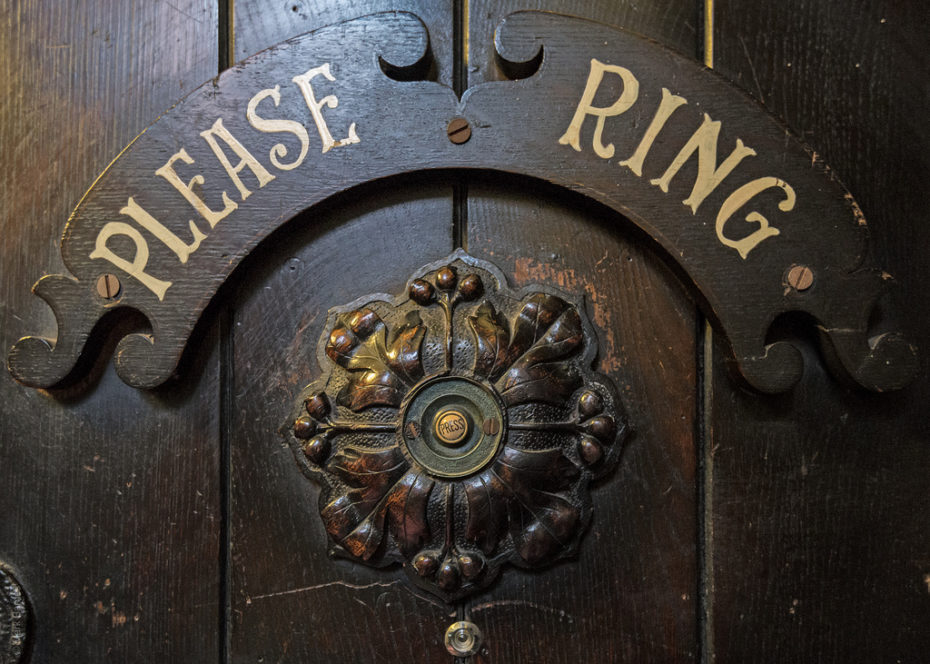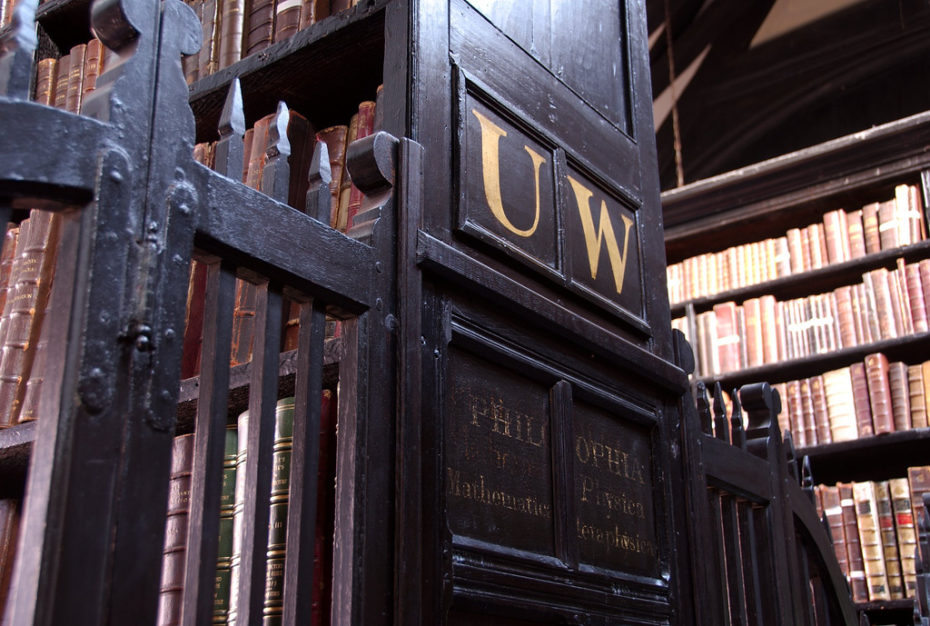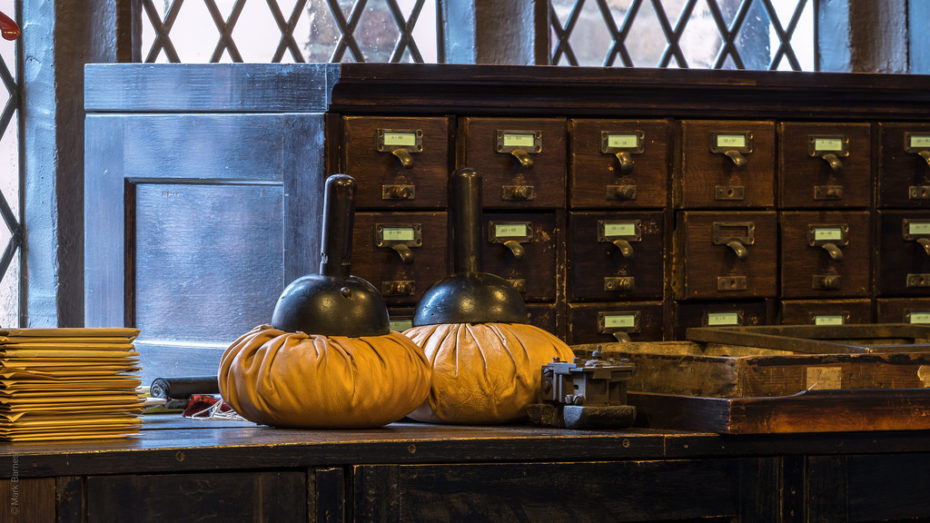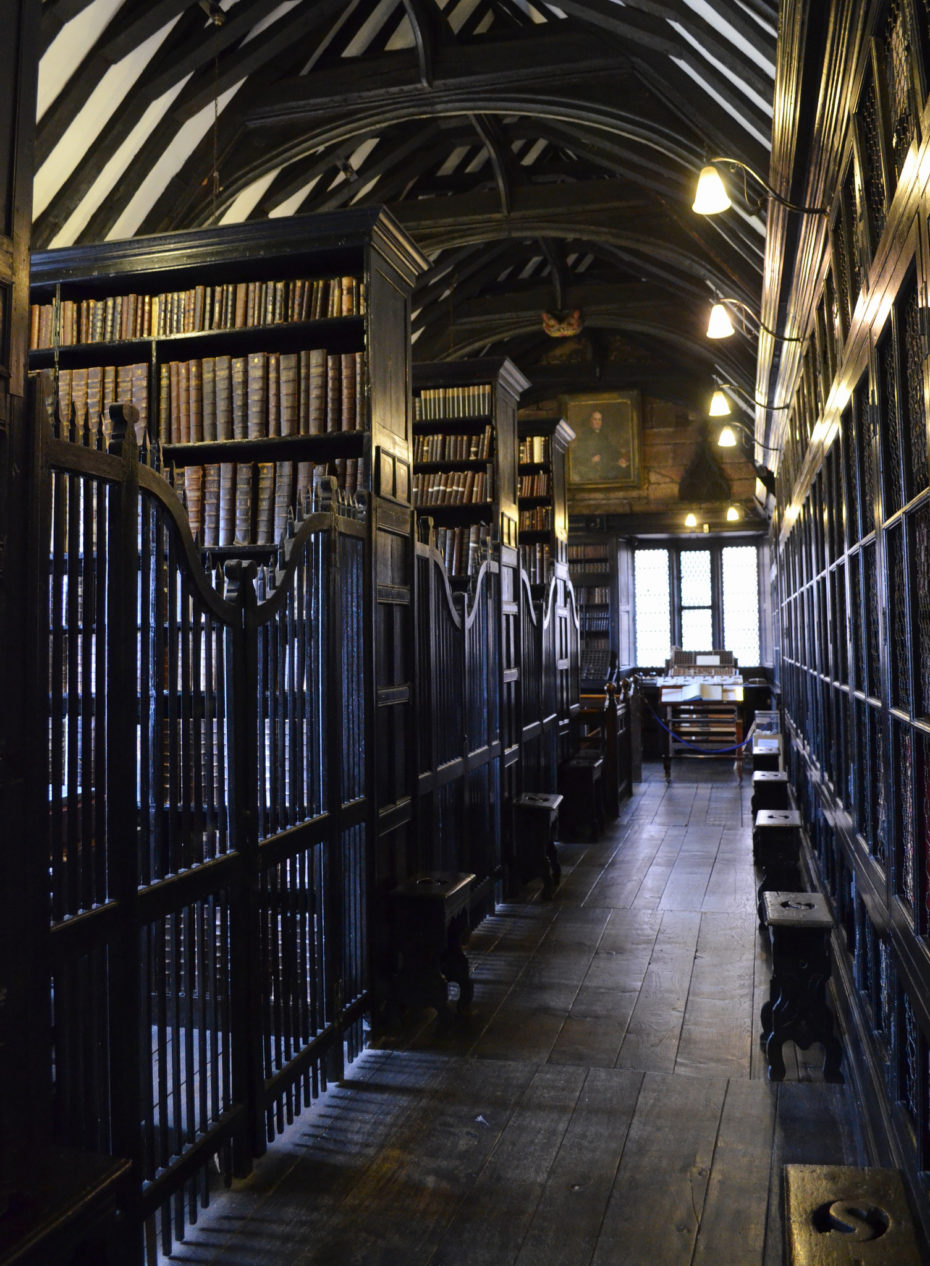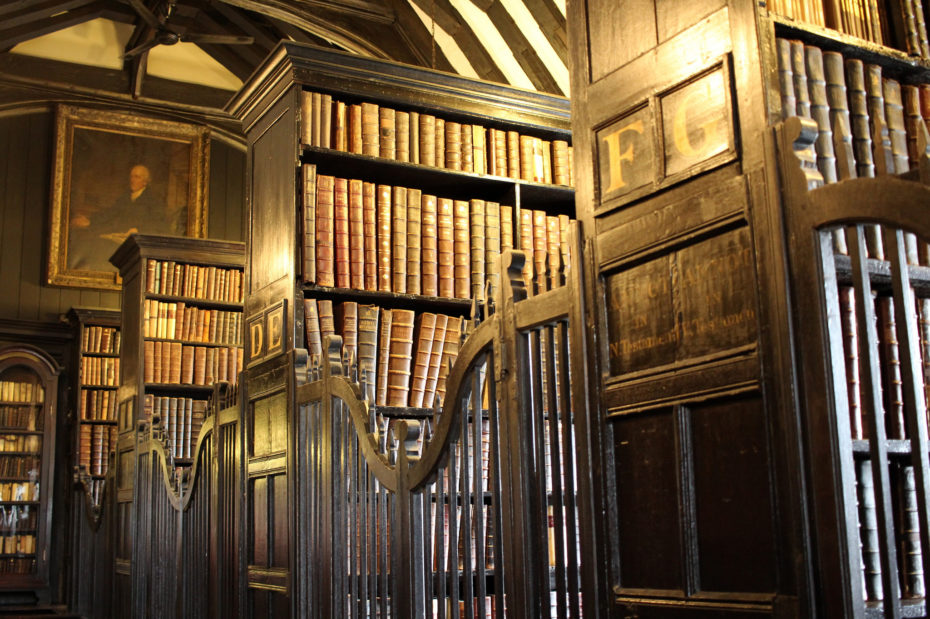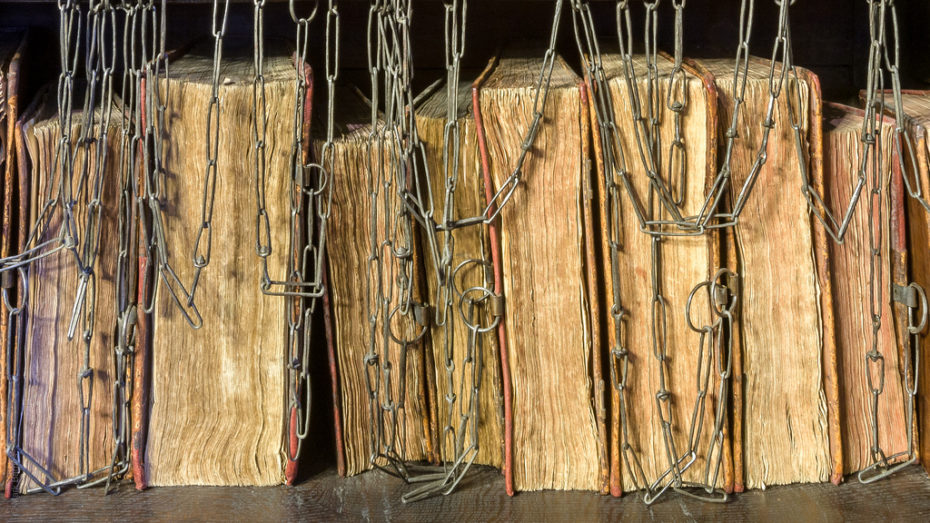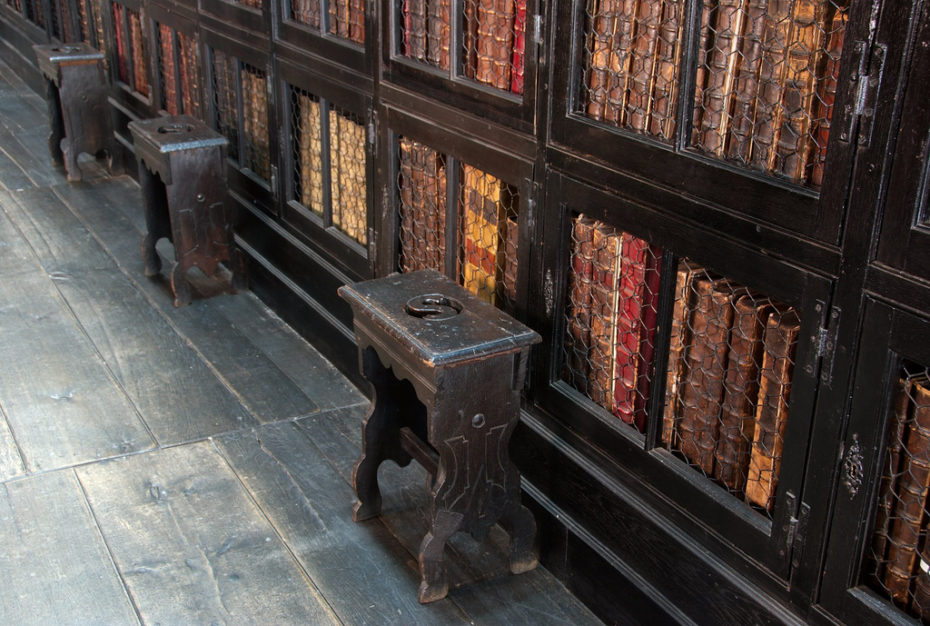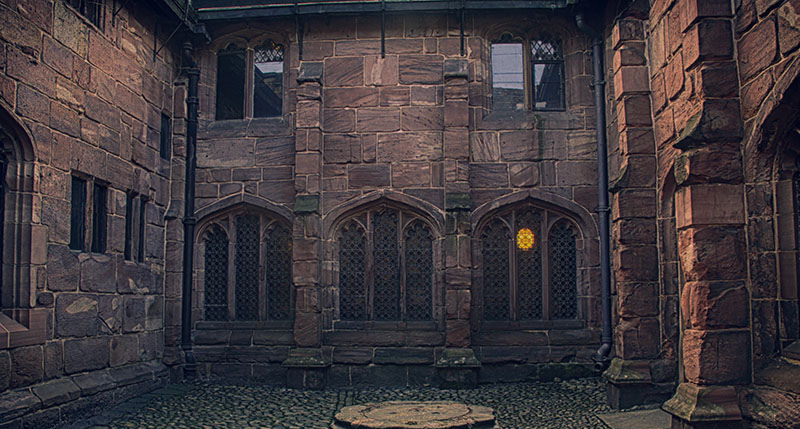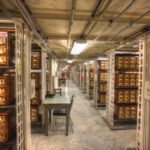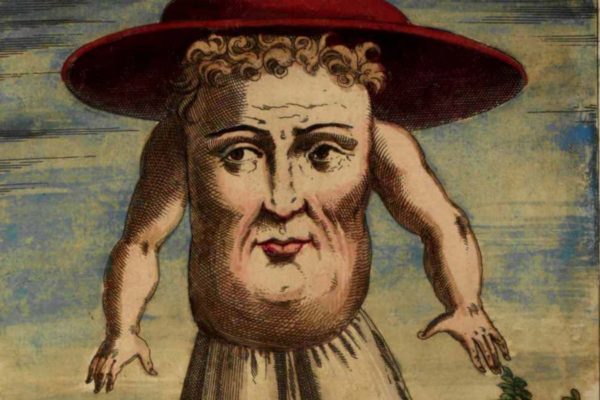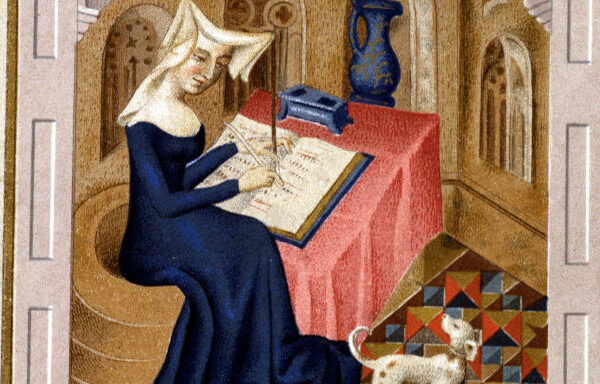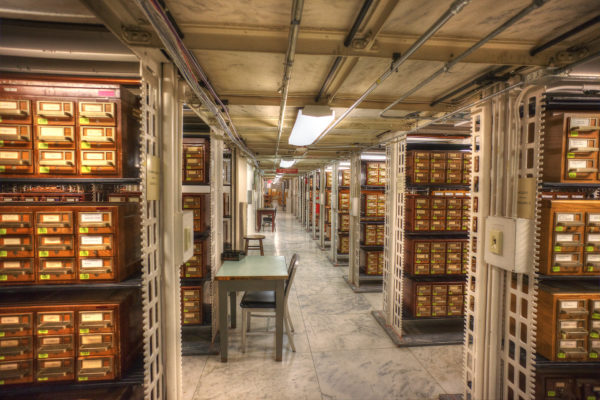What is there to see in Manchester? Surely there must me more to the industrial city in northwest England than football? Alas, Manchester gave the world a surprising amount of excellent things. The first atom splitting was achieved at Manchester University in 1919 and the man credited as the father of modern day computer science, was a Mancunian by the name of Alan Turing (born in London, but just as much Manchester man over time). Arguably, the city gave us feminism too– Emmeline Pankhurst, the leader of the Suffragette movement, was born on the south side of the city. More than twenty Nobel Prize winners have come from Greater Manchester, and with all that brain power, you’d better hope they have a good library…
As it happens, Manchester is home to the oldest public library in the English speaking world. It’s where Karl Marx and Frederick Engels first met in Manchester in 1842. The research they undertook during their visits to the library ultimately led to their work on The Communist Manifesto. Forget football– in my book (mind the pun) the historic Chetham’s Library is what really puts Manchester on the map.
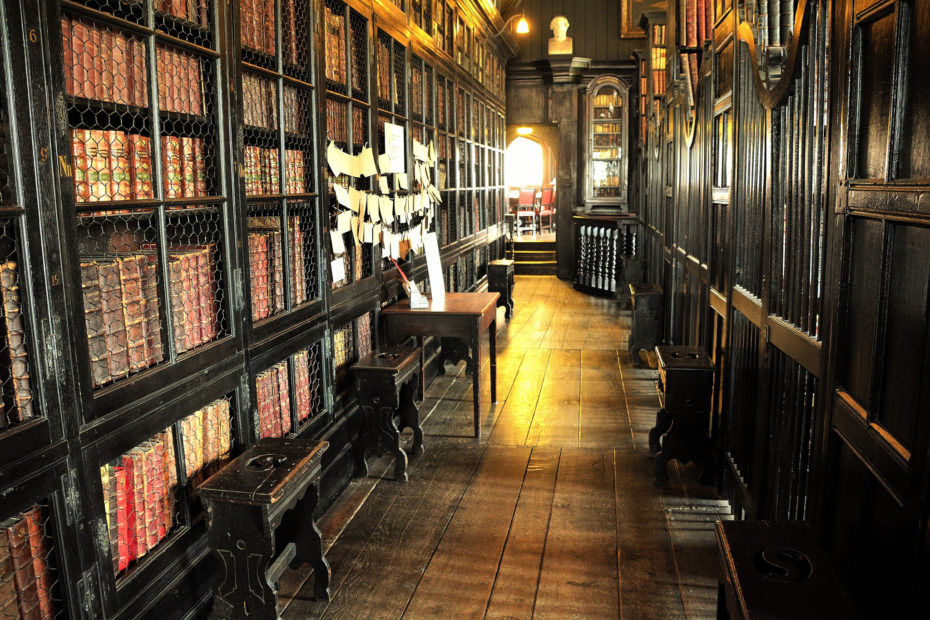
© Ben Abel
Founded in 1653, Chetham’s collection set out to rival the college libraries of Oxford and Cambridge. In order to protect the newly acquired books from rising damp the Library was housed on the first floor and, in accordance with the provisions of Chetham’s will, the books were chained to the bookcases.
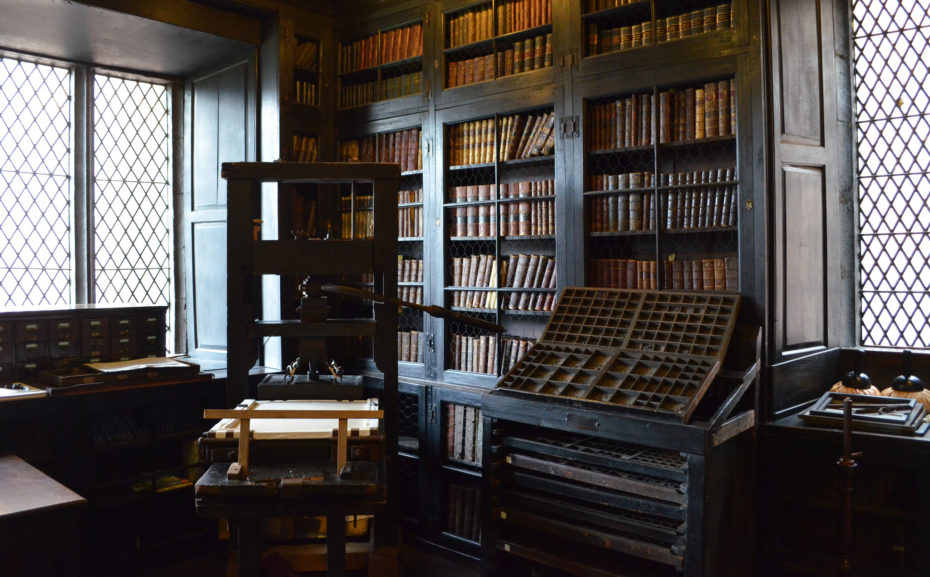
© Kaysgeog
The economics books Marx was reading at the time can be seen on a shelf in the library, as can the window seat where Marx and Engels would meet.
Writing to Marx many years later in 1870 Engels commented: “During the last few days I have again spent a good deal of time sitting at the four-sided desk in the alcove where we sat together twenty-four years ago. I am very fond of the place. The stained glass window ensures that the weather is always fine there. Old Jones, the Librarian, is still alive but he is very old and no longer active. I have not seen him on this occasion”.
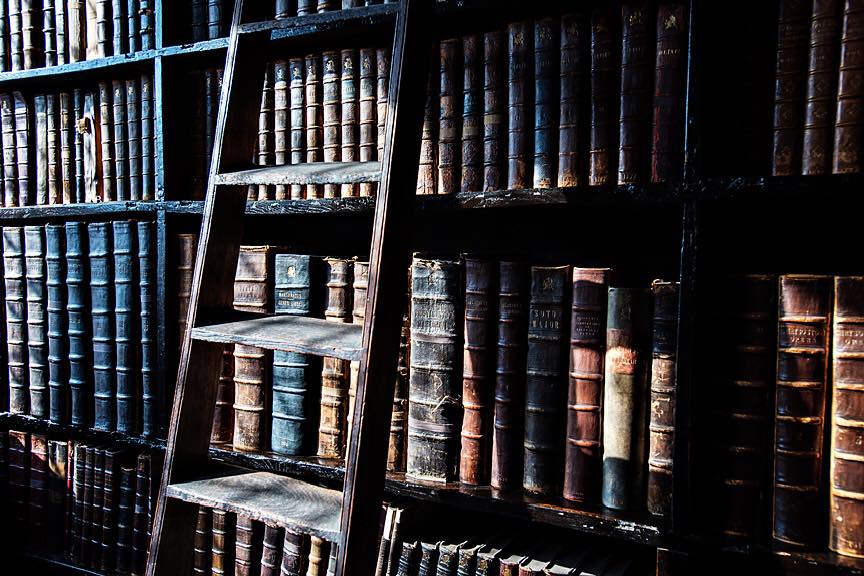
© Chetham’s Library
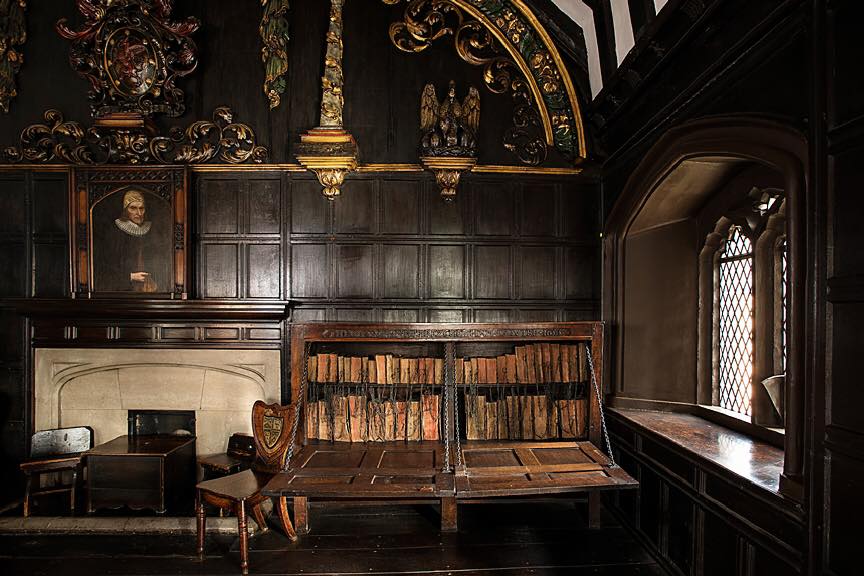
© Chetham’s Library


